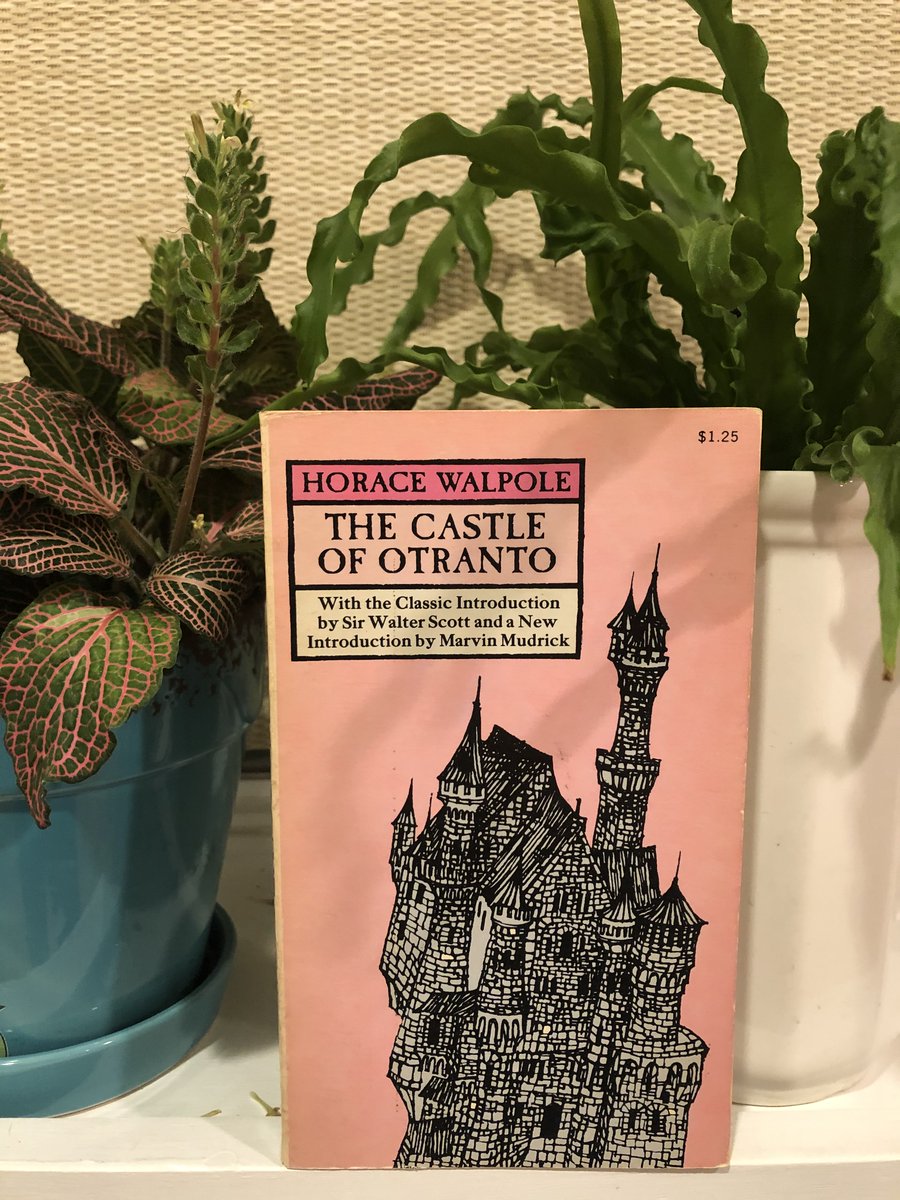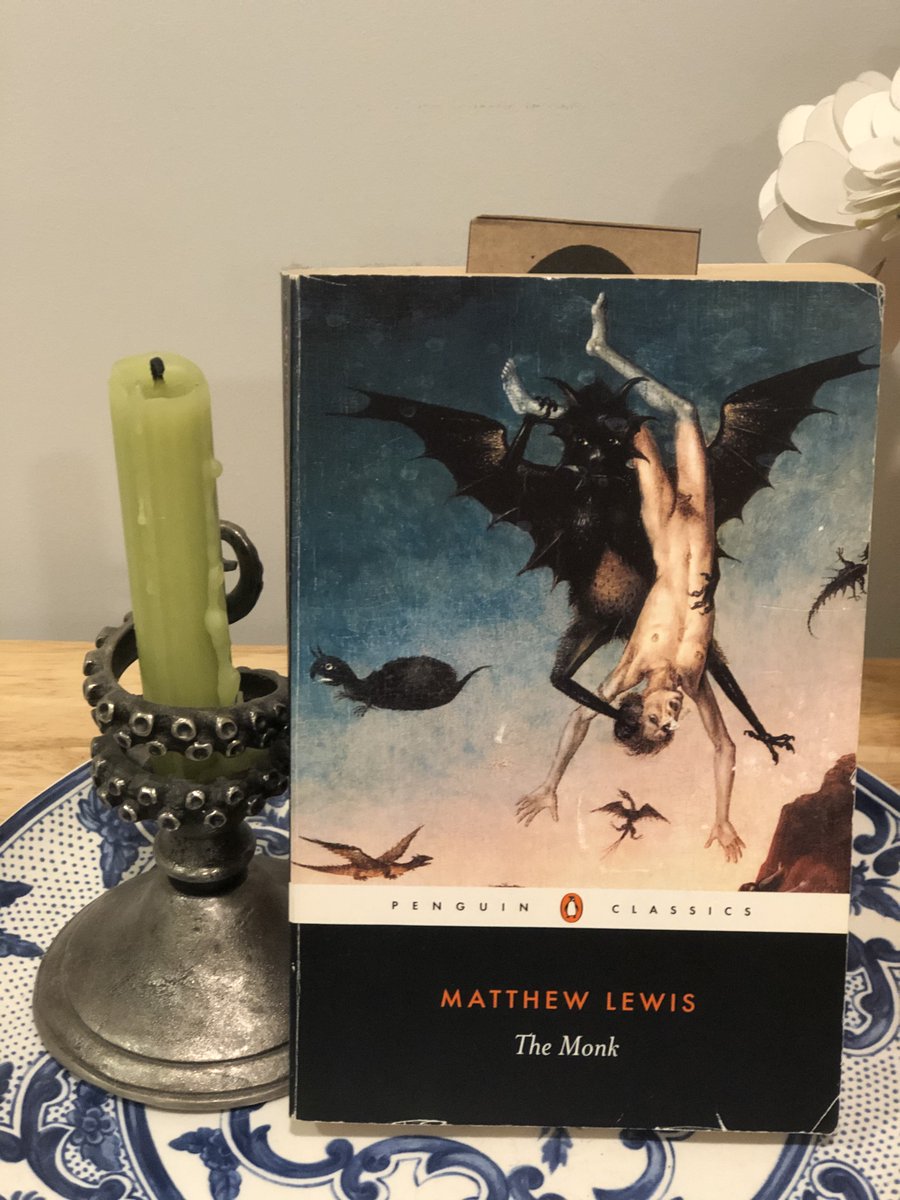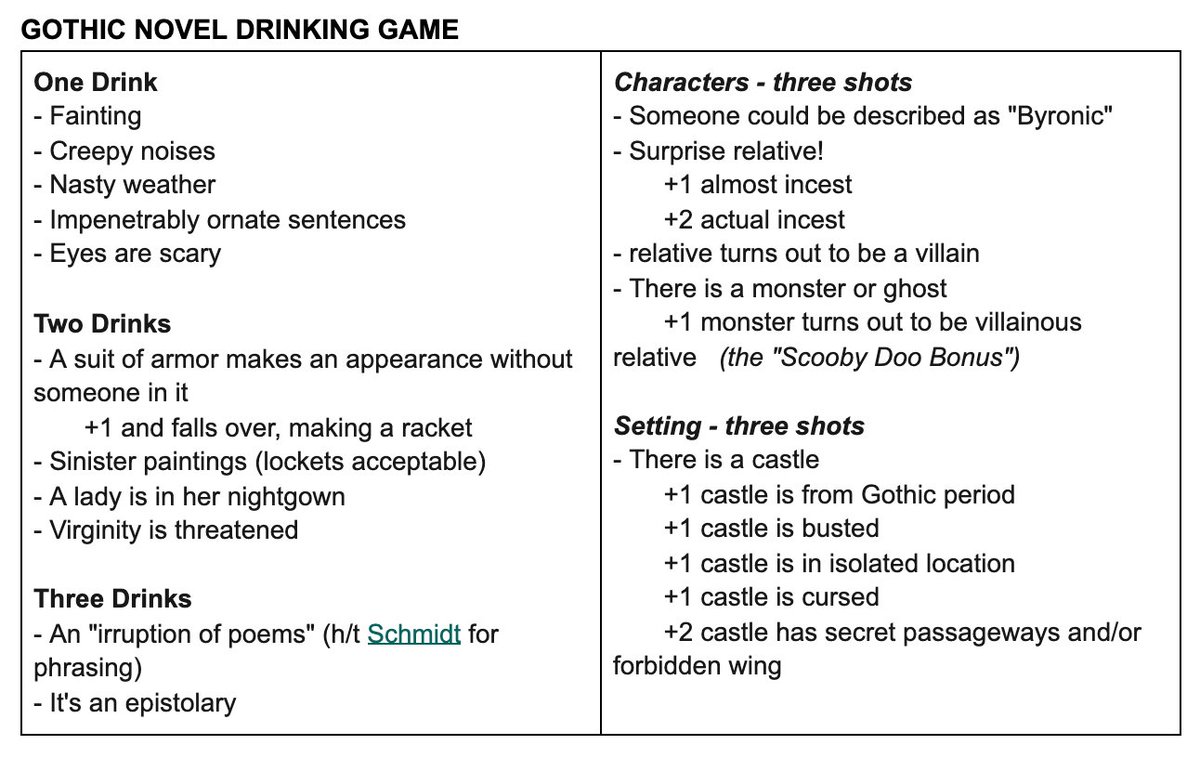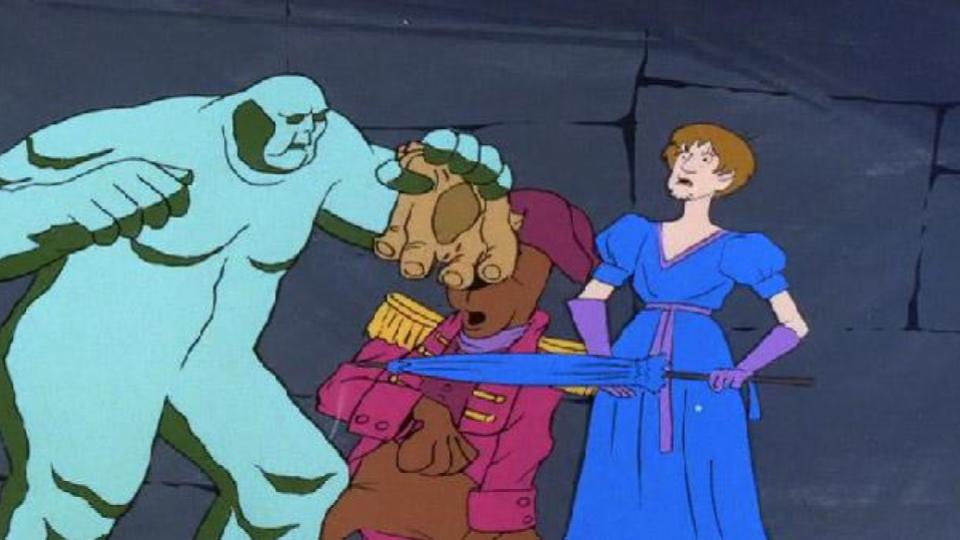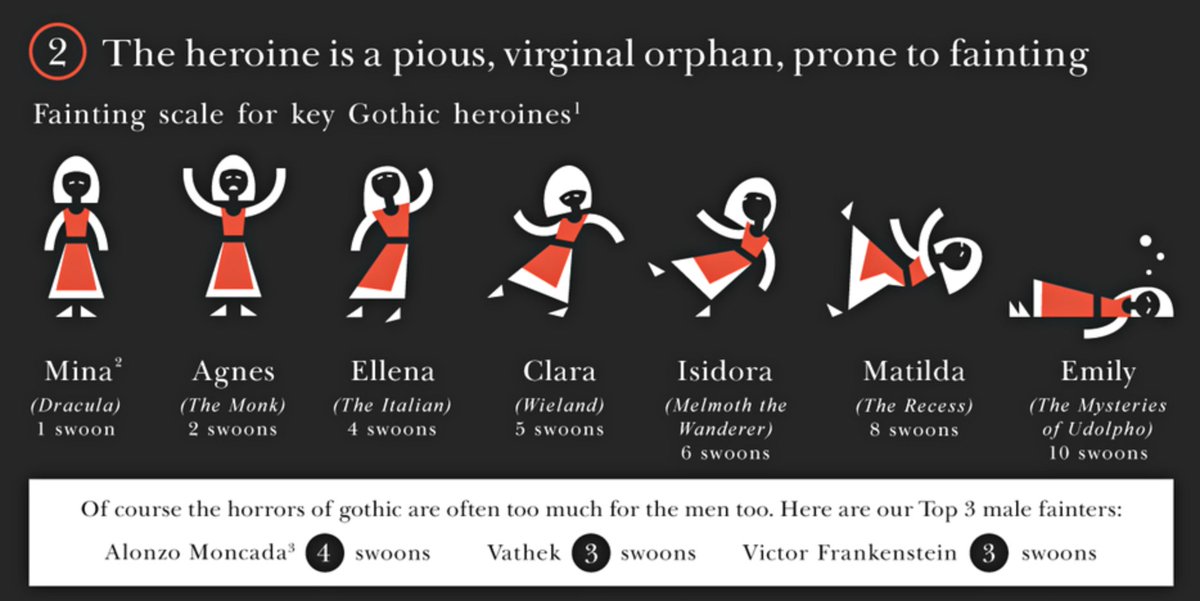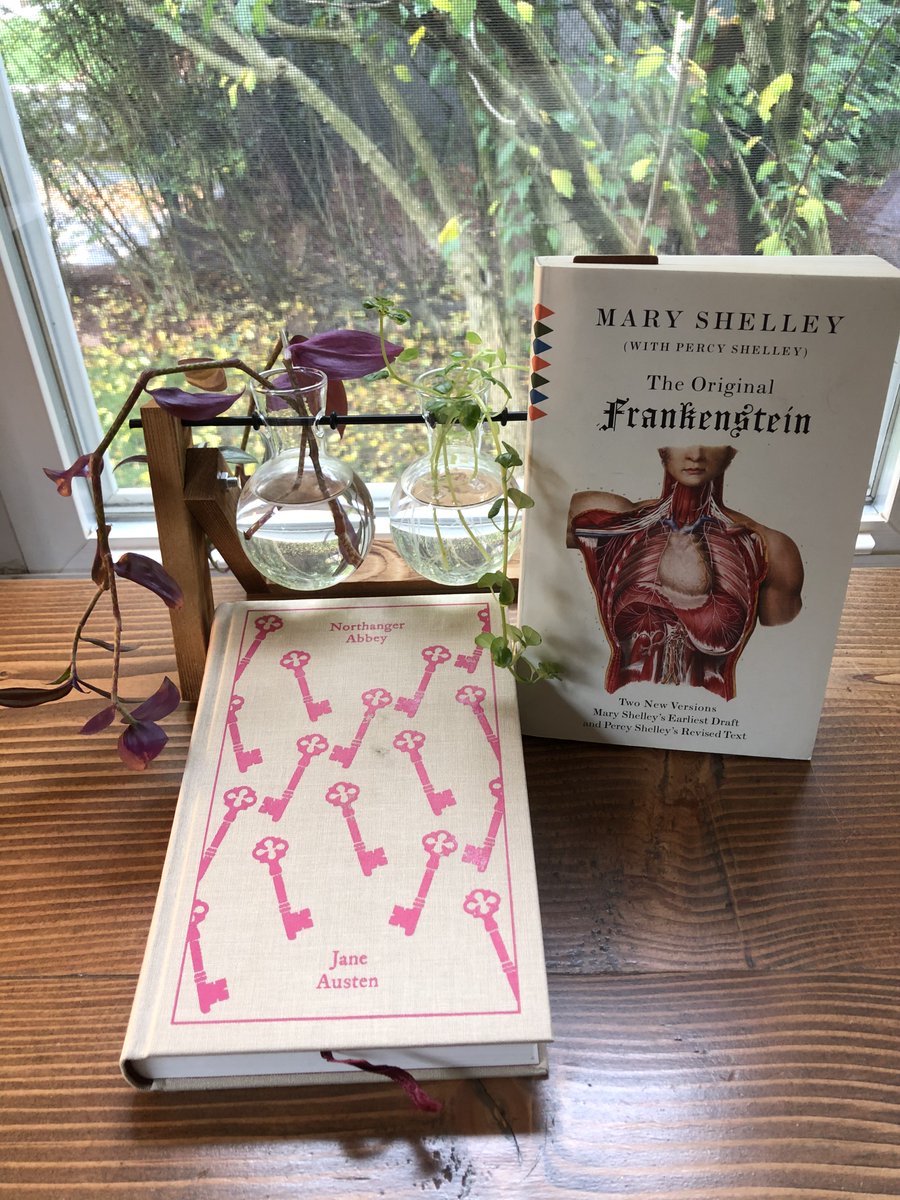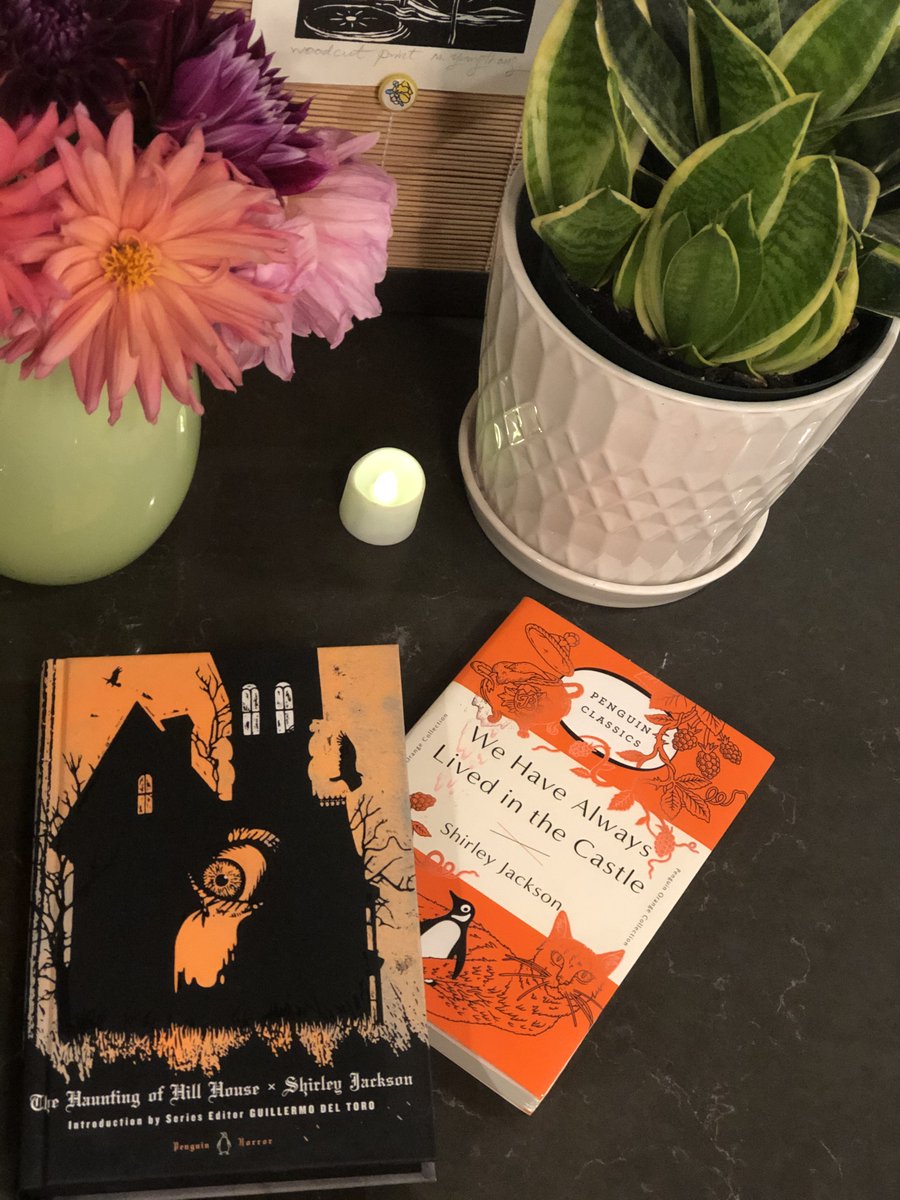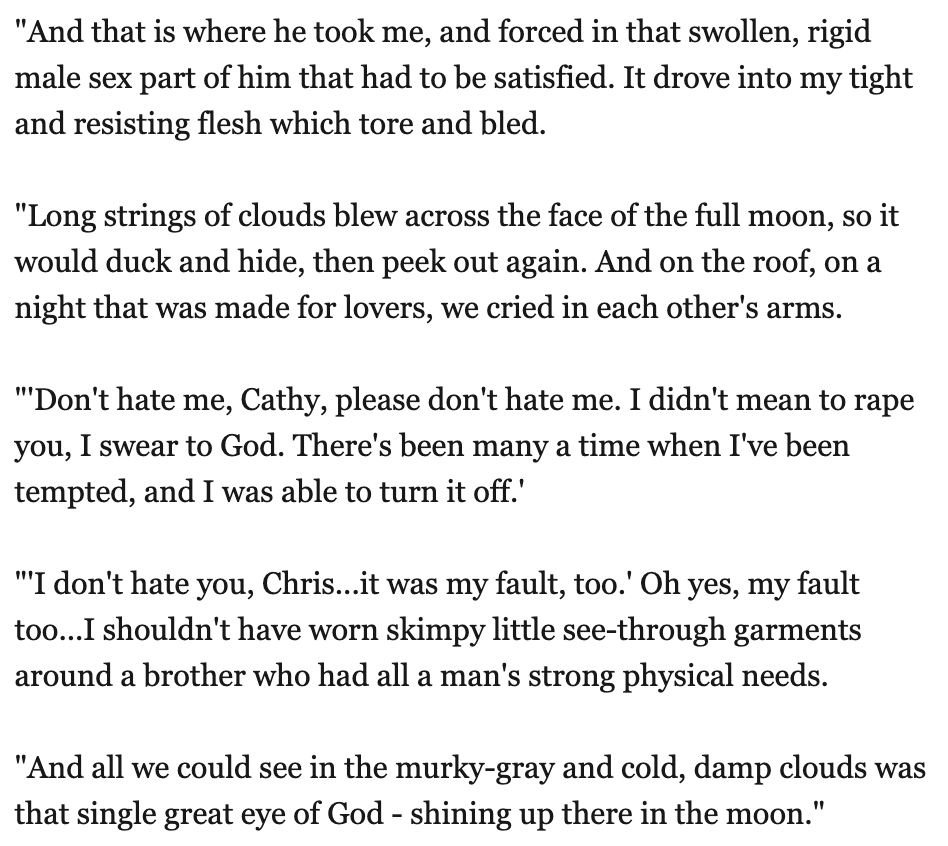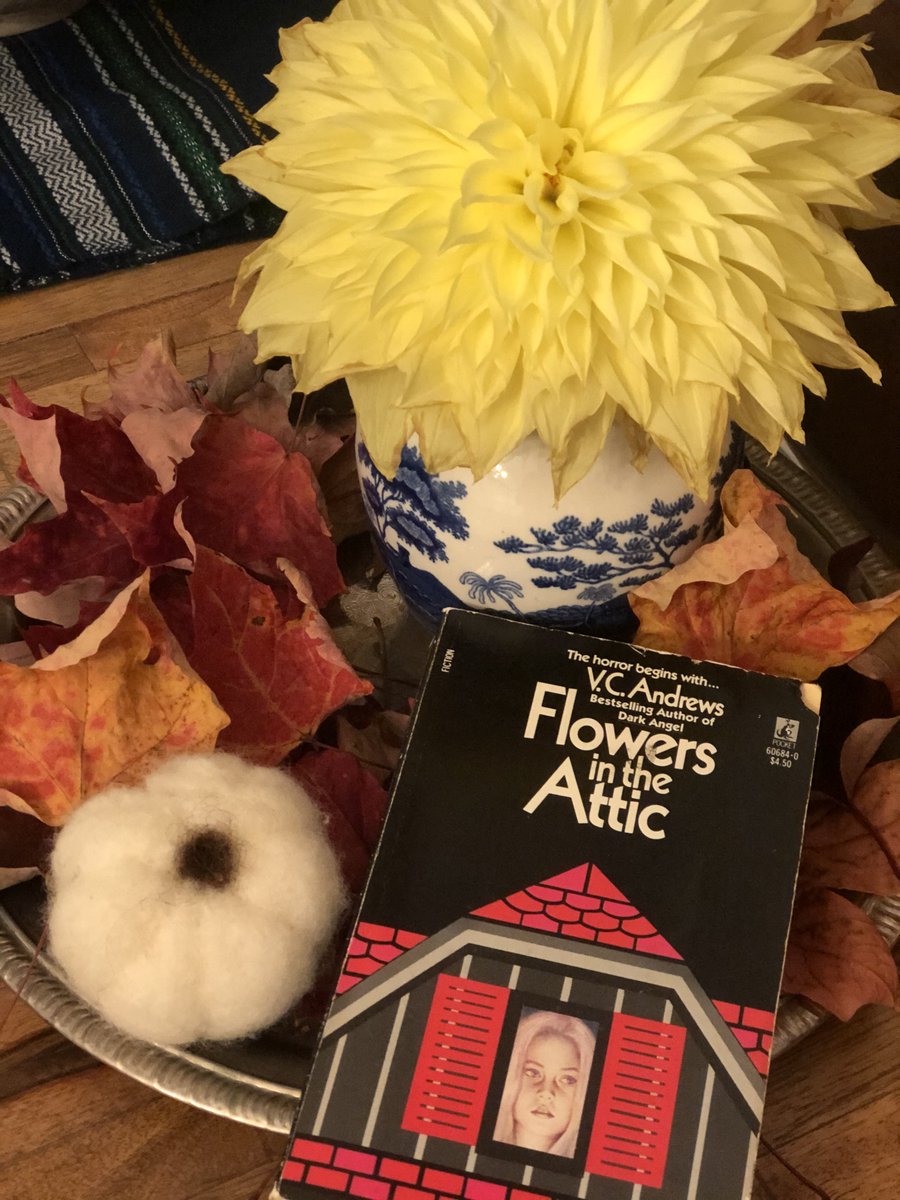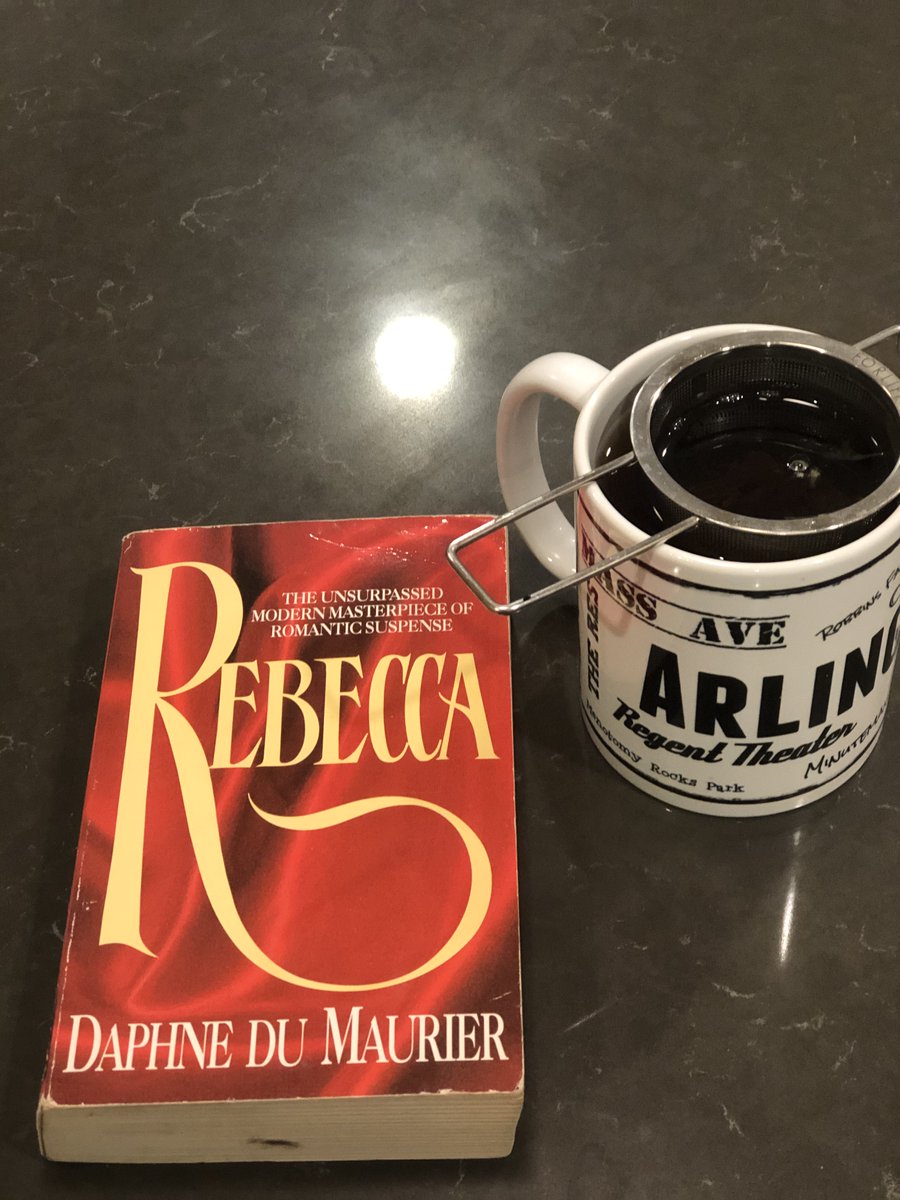For Halloween, let& #39;s talk about Gothic novels! This is one of my favorite genres, and I will now teach a brief Twitter class about it.
The first Gothic was Horace Walpole& #39;s Castle of Otranto in 1763. It introduces several Gothic tropes, like spooky castles and women in nightgowns. A giant helmet falls out of the sky and crushes a guy. It& #39;s not very good.
(I& #39;m posting pics of my own editions, which I& #39;ve posed like a Bookstagram account because I think it& #39;s funny.)
Matthew Lewis& #39;s 1796 The Monk is the first great Gothic novel. It is Extremely Trashy and problematic and not great literature, but it is a great Gothic novel and I fuckin& #39; love it.
The Monk codifies most of the great Gothic rules, which can be best expressed through this drinking game I made up myself.
But it& #39;s not all silly! Gothics are concerned with class, especially the internal rot of old money; the quest for power, and its corrosive effects on the soul; and, more than anything, the powerlessness of women to control their own destinies.
also swooning
also swooning
the above picture is from this article, which happens to be my favorite thing ever https://www.theguardian.com/books/interactive/2014/may/09/reading-gothic-novel-pictures">https://www.theguardian.com/books/int...
Women dominated the Gothic genre from its earliest days. When Jane Austen affectionately lampooned the genre with Northanger Abbey, she referenced Ann Radcliffe and Eliza Parsons. Soon, Mary Shelley would publish Frankenstein, one of literature& #39;s greatest metaphors.
The tradition of writing serious literature through a Gothic lens continues through the Brontes, du Maurier, Flanney O& #39;Connor, the mighty Shirley Jackson, and Gillian Flynn. These writers brought horror inside the home, which is where many women have always found it.
also VC Andrews, which holy shit have you read this book as a grown-up? Here& #39;s a quote. My entire generation read this when we were ten. No wonder we& #39;re all fucked up.
There& #39;s this idea that nothing crazy must happen in Serious Literature. Melodrama, spookiness, magic: all tacky.
This idea is dumb and boring. Thomas Hardy said, "Art is a disproportioning...of realities, to show more clearly the features that matter in those realities."
This idea is dumb and boring. Thomas Hardy said, "Art is a disproportioning...of realities, to show more clearly the features that matter in those realities."

 Read on Twitter
Read on Twitter